As described in RFC1071, an extra 0-byte should be added to the last byte when calculating checksum in the situation of odd count of bytes:

But in the "C" code algorithm, only the last byte is added:

The above code does work on little-endian machine where [Z,0] equals Z, but I think there's some problem on big-endian one where [Z,0] equals Z*256.
So I wonder whether the example "C" code in RFC1071 only works on little-endian machine?
-------------New Added---------------
There's one more example of "breaking the sum into two groups" described in RFC1071:

We can just take the data here (addr[]={0x00, 0x01, 0xf2}) for example:

Here, "standard" represents the situation described in the formula [2], while "C-code" representing the C code algorithm situation.
As we can see, in "standard" situation, the final sum is f201 regardless of endian-difference since there's no endian-issue with the abstract form of [Z,0] after "Swap". But it matters in "C-code" situation because f2 is always the low-byte whether in big-endian or in little-endian.
Thus, the checksum is variable with the same data(addr&count) on different endian.